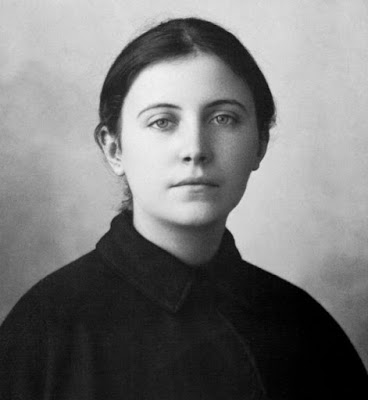At this moment I would like to express the deep sympathy that I feel for each of you, and all my understanding for the sickness you carry in your body and your spirit; I would like to speak with you one by one to instill in you comfort and encouragement.
Your life as handicapped persons constitutes a great trial; it is a trial for you above all, but also for your parents, for those who love you, and for those who wonder why this infirmity?
In fact, your ordeal is also a mystery.
The Lord does not ask us to close our eyes in the face of infirmity. It is very real, and we must have a clear knowledge of it. He asks us to look more deeply, to believe that in these suffering bodies beats not only human life with all its dignity and its rights but also, by virtue of baptism, the divine life, the marvelous life of the children of God. If to the external eyes of men you appear weak and infirm, before God you are great and luminous in your existence.
There is yet another important reality that Jesus reveals to us.
In human society, powerful, cultivated people occupy the positions of authority and are more visible; in the Kingdom of God, on the other hand, the opposite happens - the first and the greatest, Jesus tells us, are the children, the weak, the poor, the suffering. The ways of God are disturbing to mankind. St. Paul says: "God chose what is weak in the world to shame the strong."
This truth, which leaves us bewildered, becomes comprehensible if we look at the example of Jesus. Jesus was not content with revealing to us the mystery of suffering. He gave us the most convincing answer by taking our weaknesses upon himself, becoming the Man of sorrow who is acquainted with suffering.
When we ask God, then: Why must this innocent suffer? God in turn, asks us a question: Do you not see me in your brother who suffers? And what will you do for me and for him?
- St. John Paul II
















